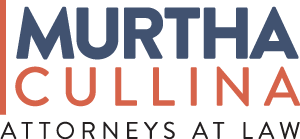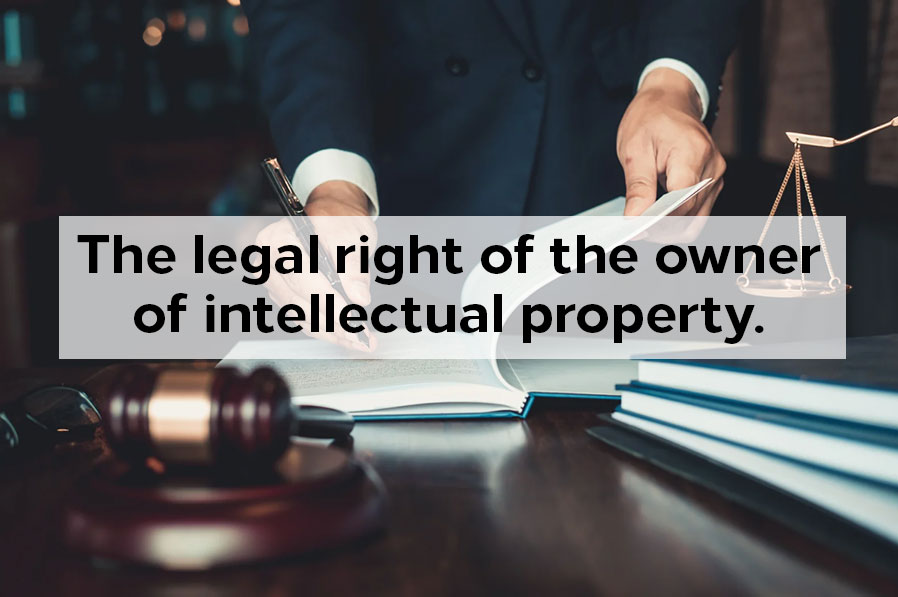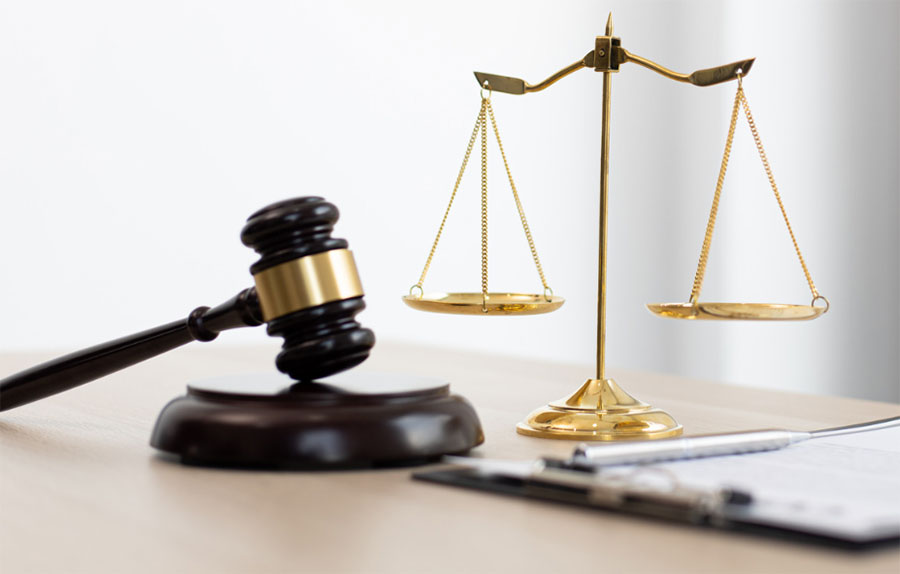TANGO Partners Perspective – July 2023
Risks of Copyright Infringement – Know your Rights!
Written By: Andy Corea and Lorey Leddy
Murtha Cullina LLP

Is the Notice Legitimate?
In the last few years, we have seen a noticeable uptick in the number of Section 501(c)(3) tax-exempt organizations receiving notices of copyright infringement from owners of copyrighted materials (usually photographs or music) which have been used or displayed on an organization’s website without a license. These notices are serious, and the failure to properly respond can lead to costly consequences. In this Partners Perspective, we provide background on the issue and practical information in the event your organization receives one of these notices, including determining whether the notice is legitimate and when to seek legal advice and, more generally, understanding the risks of copyright infringement claims and taking steps to mitigate those risks where possible.
Notices of Copyright Infringement Claims

The advent of increasingly effective web scraping software makes it easier to quickly search thousands of websites for potentially infringing materials. Several companies exist which specialize in providing these searching services for copyright owners and, in many instances, will provide the first notice of a potential claim.
For instance, you may receive an email from a company called PicRights which has been engaged by numerous media outlets to search for infringing materials. The email usually includes a photo of the copyrighted image and a screenshot of the webpage that includes the allegedly infringing, unlicensed image, and seeks to resolve the claim on behalf of the copyright owner before engaging legal counsel. For claims based on music, the communication will likely come from a performance rights organization (“PROs”), such as BMI or SESAC and will relate to playing music in your facility.
You may also receive a notice in letter form from a law firm such as Higbee & Associates in California which also includes a copy of the image and a screenshot of the website (usually provided to Higbee by PicRights), as well as a settlement demand and a draft release. Higbee usually becomes involved in these cases when efforts by PicRights or the PROs to negotiate a resolution have been unsuccessful or gone unanswered.
Do not ignore the emails, letters or any other notices your organization receives. Most often, the claims are legitimate and serious, but can be resolved relatively quickly. If you receive any such notices, we strongly recommend contacting your attorney for further advice.
Do Copyright Laws Apply to Tax-Exempt Organizations?
Copyright law protects the owner of an original work from the unauthorized use, reproduction, distribution, performance, or display by another. This includes unauthorized use of photos and/or music on an organization’s website or in its facilities without the proper license.
Copyright law covers anything that is the intellectual property material of another party. If you did not create the image or music yourself, you should assume it is protected by copyright or trademark law unless conclusive information indicates otherwise.
If your organization’s website contains photos, artwork or music that is not properly licensed, you face the risk of a potential infringement claim.
 Copyright law applies to tax-exempt organizations, even where the use of an image or music on an organization’s website is not intended for making a profit. If an organization’s website is used for soliciting donations, this alone is generally sufficient under copyright law to meet the definition of infringement. In other words, simply because your organization does not utilize its website to sell products or turn a profit does not mean your organization is immune from potential liability under copyright law.
Copyright law applies to tax-exempt organizations, even where the use of an image or music on an organization’s website is not intended for making a profit. If an organization’s website is used for soliciting donations, this alone is generally sufficient under copyright law to meet the definition of infringement. In other words, simply because your organization does not utilize its website to sell products or turn a profit does not mean your organization is immune from potential liability under copyright law.
Federal copyright law provides stiff penalties (as much as $150,000 per claim) when infringement has been proven by the owner in court. State copyright laws may also apply in addition to federal law. While many of these claims can be resolved for under $1,000 by acting quickly in responding to the types of notices referenced above, the consequences of ignoring the notices can be severe.
How Can We Avoid Copyright Infringement Claims?
To avoid receiving notices in the first instance, we provide the following strategies that your organization can and should implement:
- Clean source materials utilized on your organization’s website. Whether your website is designed internally or through a designer, be sure to use only images and music that your organization created or commissioned, or material that is demonstrably in the public domain and not subject to copyright protection. Keep in mind that a work is not in the public domain simply because it has been posted on the Internet or because it lacks a copyright notice. In addition, even if your organization used a web designer to create a website and assumed the web designer acted lawfully in incorporating another’s work, as the party displaying or utilizing the copyrighted work, your organization still faces potential liability.
- Obtain Proper Licenses. In the event you opt to utilize another’s work, take all necessary steps to obtain proper licensing from the owner. This means paying whatever fee is required, maintaining all documentation for each license, and renewing the license before it expires. Keep clear records documenting all such licenses and, where required by the license, be certain to properly attribute a work to its owner.
If you use music in your facilities, make sure that you have an appropriate license. There are streaming services specifically for commercial use that include licenses with performance rights organizations for the songs in their libraries.
- Provide Guidelines to Users Posting Content. If your organization allows users to post content on its website, be sure to include clearly visible instructions and warnings against utilizing copyrighted materials.
- Identify and register a Copyright Agent to receive notices of infringement. If your organization allows user-posted content on its website, the Digital Millennium Copyright Act (“DMCA”) provides safe harbors from copyright infringement liability for online service providers. In order to qualify for safe harbor protection, certain kinds of service providers—for example, those that allow users to post material on their sites— must designate an agent to receive notifications of claimed copyright infringement. To designate an agent, a service provider must do two things: (a) make certain contact information for the agent available to the public on its website; and (b) register the agent with the Copyright Office, which maintains a centralized online directory of designated agent contact information for public use. The service provider must also ensure that this information is up to date.
-
- Register a DMCA agent: https://www.copyright.gov/dmca-directory/.
- Monitor the email address provided for the agent daily; and act promptly when receiving a notice.
- Provide clear and prominent information about the agent on the organization website.
- Consider limiting access. Higbee and its affiliated licensing companies use image recognition software to search for potentially infringing images. Those systems cannot reach sections of the site that are restricted by password. Particularly if your organization allows user-posted content, consider limiting such posting to a members-only section that is accessible by account/password, which will reduce the likelihood that an allegedly infringing image will be found.
- Prompt Takedowns. Conduct an audit of your organization’s website to determine whether any images or music may be used without proper licensing. If you become aware of the existence on the website of potentially infringing use of images or music, promptly take down the content.
- Insurance. Some insurance policies already include language protecting your organization from claims of unintentional copyright infringement, or such a provision may be available for an additional cost. Check with your broker to ascertain whether any such coverage is provided or available. This is particularly useful where your organization allows user-posted content on its website.
CONTACT OUR
TANGO PARTNER
View Special offerings to TANGO Members from Murtha Cullina LLP
Murtha Cullina | TANGO (tangoalliance.org)
